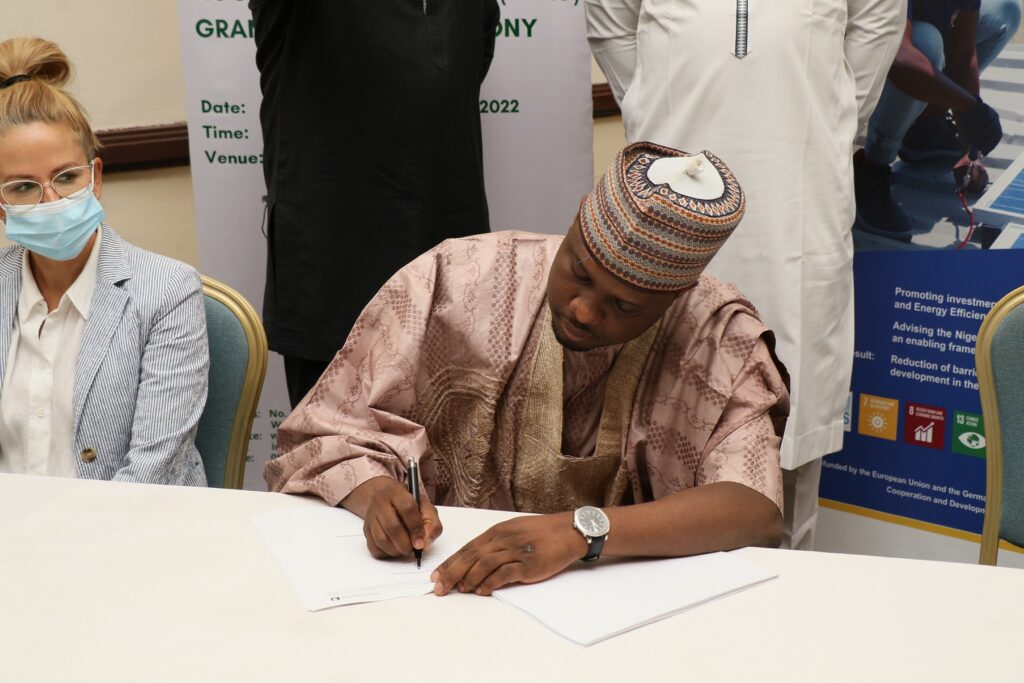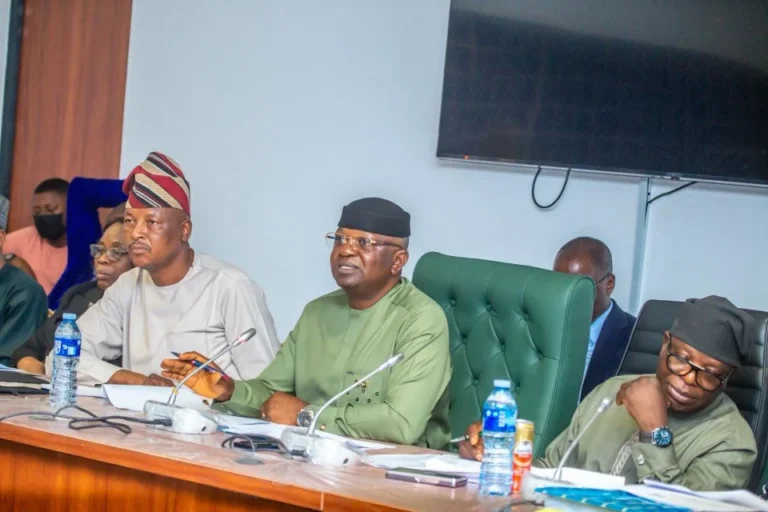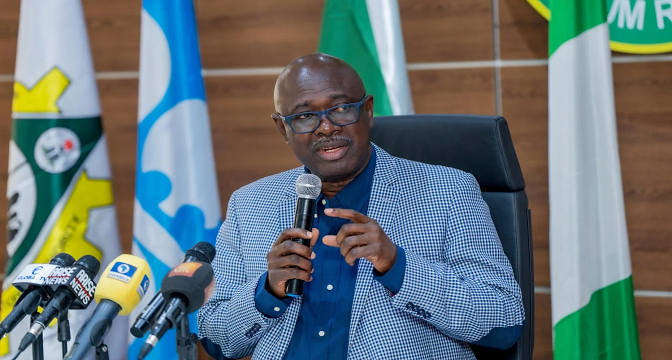
The alarming fact that more than 20,000 communities in Nigeria are without electricity underscores the critical need to resolve the country’s energy shortfall. Despite years of investment and the allocation of billions of naira to the power sector, Nigeria continues to face challenges with insufficient electricity supply.
Once a frontrunner in electricity generation in Africa, trailing only South Africa and Egypt, Nigeria has now been surpassed by nations such as Kenya, Ghana, and Morocco, which have made notable advancements in power generation and rural electrification. With current power output ranging from 4,000 MW to 5,000 MW, the demand for a sustainable and scalable energy solution is more urgent than ever.
The Federal Government, through the Rural Electrification Agency (REA), is making significant strides to address this issue, especially in rural regions. Under the guidance of Managing Director Abba Aliyu, the REA is actively promoting renewable energy projects to provide electricity to underserved areas.
A key milestone in this initiative is the recent launch of a 550 kW solar hybrid mini-grid project in the Bakin Ciyawa and Kwande communities within the Qua’an Pan Local Government Area of Plateau State, which is designed to supply power to 3,500 households. This project, part of the Interconnected Mini-Grid Accelerated Scheme (IMAS), is supported by an €11 million grant from the European Union and the German government, aimed at improving energy access in Nigeria’s rural locales.
Aliyu has presented a comprehensive strategy for expanding renewable energy solutions across the country. The REA has initiated an ambitious plan to electrify 3,700 communities in phases, focusing on 100 communities per state with a total goal of generating 370 MW of clean energy.
The concerning reality that over 20,000 communities in Nigeria lack electricity highlights the urgent need to address the nation’s energy deficit. Despite years of investment and the allocation of billions of naira to the power sector, Nigeria continues to struggle with inadequate electricity supply.
Once a leader in electricity generation in Africa, second only to South Africa and Egypt, Nigeria has now been overtaken by countries like Kenya, Ghana, and Morocco, which have made significant progress in power generation and rural electrification. With current power output fluctuating between 4,000 MW and 5,000 MW, the demand for a reliable and scalable energy solution has never been more pressing.
See more: Nigerian governors endorse Tinubu’s tax reforms
The Federal Government, through the Rural Electrification Agency (REA), is making notable efforts to tackle this challenge, particularly in rural areas. Under the leadership of Managing Director Abba Aliyu, the REA is actively advancing renewable energy initiatives to deliver electricity to underserved communities.
A significant achievement in this effort is the recent inauguration of a 550 kW solar hybrid mini-grid project in the Bakin Ciyawa and Kwande communities within the Qua’an Pan Local Government Area of Plateau State, aimed at providing power to 3,500 households. This initiative, part of the Interconnected Mini-Grid Accelerated Scheme (IMAS), is backed by an €11 million grant from the European Union and the German government, focused on enhancing energy access in Nigeria’s rural regions.
Aliyu has outlined a detailed plan for expanding renewable energy solutions nationwide. The REA has launched an ambitious project to electrify 3,700 communities in phases, targeting 100 communities per state with an overall objective of generating 370 MW of clean energy.



